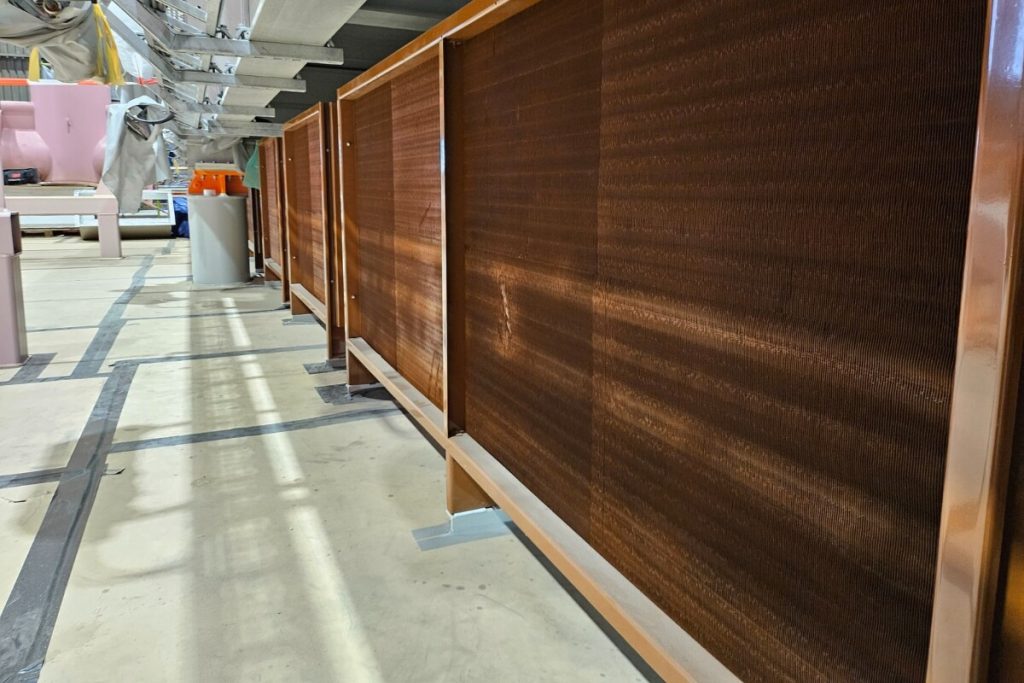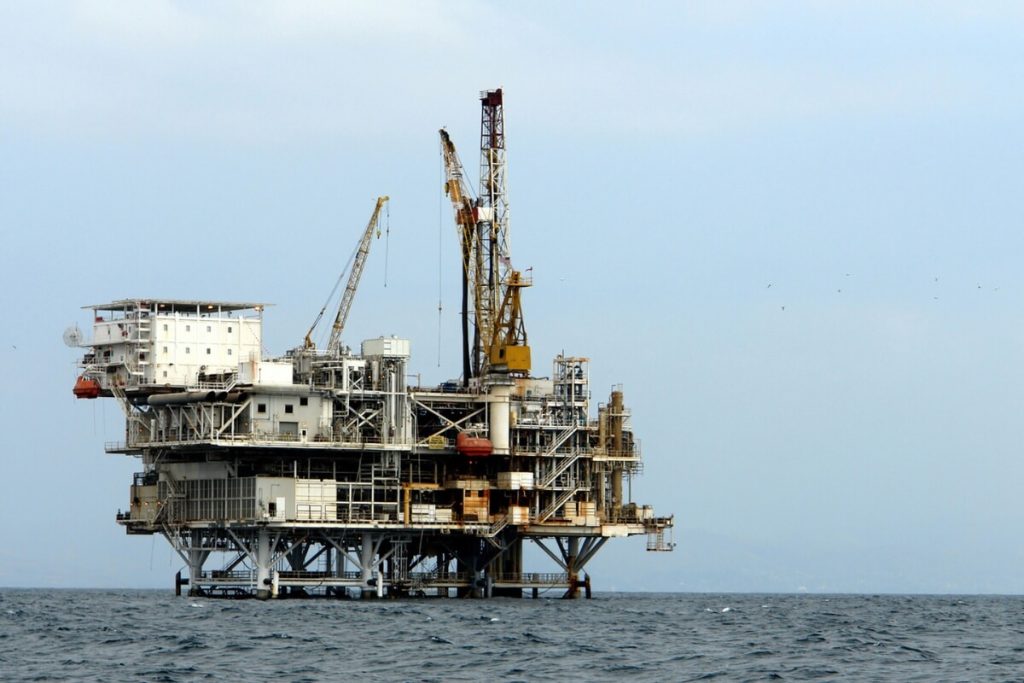Empowering offshore
Offshore condenser

Elevating global standards with exceptional, unmatched Dutch craftsmanship in advanced industrial heat exchange.

Understanding Offshore Condensers: The Backbone of Marine Air Conditioning Systems
Offshore condensers are pivotal components in marine air conditioning systems, designed to thrive in the challenging marine environment. These devices function by transferring heat from the refrigerant gas within the system to the seawater, which efficiently dissipates the heat away. Typically crafted from robust materials like titanium or cupronickel, offshore condensers are engineered to resist the corrosive effects of saltwater, ensuring longevity and reliability. Their primary role is critical in maintaining optimal temperatures inside vessels, regardless of the external climatic conditions, making them indispensable for enhancing comfort and operational efficiency on board.

Engineering Excellence in Harsh Seas: The Role of Offshore Condensers
The unique demands of the marine environment call for specialized solutions, and offshore condensers are at the heart of such innovations. These condensers are not just crucial for cooling but are intricately designed to withstand the rigors of saltwater exposure, pressure variations, and the constant vibration found on ships and offshore platforms.
Materials That Withstand the Test of Marine Elements
The choice of material for offshore condensers is critical. Titanium, known for its exceptional resistance to corrosion, particularly from saltwater, stands out as a preferred material. This not only ensures the durability and efficiency of the condensers but also minimizes the need for frequent replacements, providing a cost-effective solution over time. Similarly, cupronickel alloys are favored for their superior thermal conductivity and resistance to biofouling, which is crucial for maintaining the heat transfer efficiency required in compact marine systems.
Advanced Design for Optimal Performance
The design of offshore condensers goes beyond basic heat exchange. Features like enhanced tube geometries and optimized fin spacing are tailored to maximize the condensation process even under fluctuating temperatures and humidities typical of marine environments. Moreover, the integration of advanced controls and monitoring systems allows for precise operation, adapting to different cooling needs and ensuring that energy consumption is kept to a minimum.
Environmental Considerations and Innovations
In an era where environmental responsibility is paramount, offshore condensers are also designed to be environmentally friendly. The use of refrigerants like R410A, which has a lower environmental impact than traditional refrigerants, is increasingly common. Furthermore, innovations in heat pump technology and integrated cooling systems demonstrate a move towards more sustainable and energy-efficient cooling solutions.
These advancements not only reflect the technological evolution in the field of marine air conditioning but also underline a commitment to sustainability and efficiency that is critical in today’s global maritime industry. Offshore condensers are more than just components; they are a testament to the engineering prowess that meets the demands of the harsh marine environment while pushing the boundaries of what is technologically possible.

Discover Superior Marine Climate Control with ICARUS
At ICARUS, we understand that the effectiveness of your marine air conditioning system hinges on the quality of its components, especially the offshore condenser. Our range of finned tube heat exchangers and offshore condensers are designed with the precision and robustness required to handle the demanding conditions of the marine environment. Crafted from industry-leading materials such as titanium and cupronickel, our products ensure maximum durability, efficiency, and resistance to corrosion.
Tailored Solutions for Diverse Marine Needs
Whether you operate a leisure yacht or a large commercial vessel, our offshore condensers are tailored to meet diverse operational demands, providing efficient and reliable climate control. Enhanced with the latest technology in heat exchange, and compliant with international marine standards, our systems deliver unmatched performance and energy efficiency.
We invite you to explore how ICARUS can elevate your marine air conditioning system. Contact us today to learn more about our advanced cooling solutions and how we can help you maintain an optimal onboard climate, making your marine venture comfortable and sustainable. Choose ICARUS for a dependable, high-quality marine cooling system that stands the test of time and tide.
Request a quotation
Elevate your efficiency with Dutch-engineered solutions tailored for your needs. Fill out the details below, and our team will provide a personalized quote to help you harness the power of optimized energy in manufacturing. Step into the future, one quote at a time.
ICARUS Heat Exchangers

